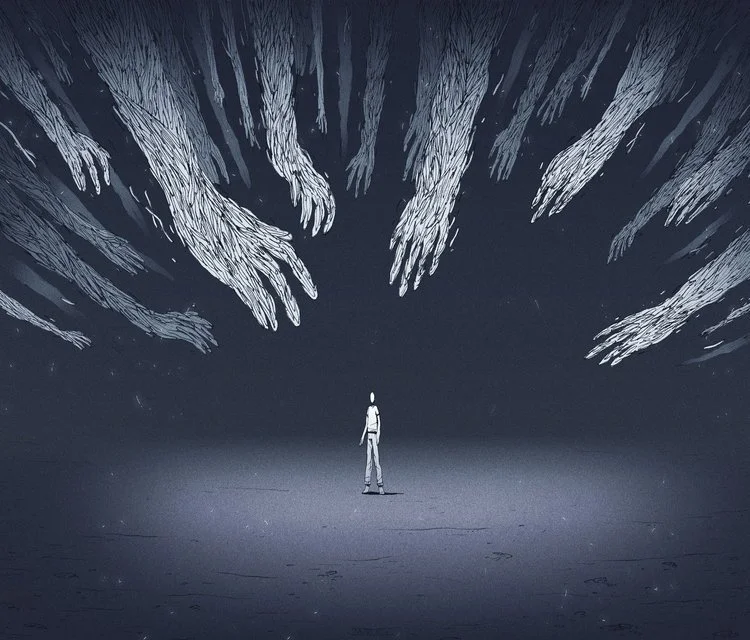Now Reading: Superstitions Born from Fear: Why Beliefs Still Hold Power
-
01
Superstitions Born from Fear: Why Beliefs Still Hold Power
Superstitions Born from Fear: Why Beliefs Still Hold Power

Superstitions have existed for centuries, shaping how people think and act in their daily lives. While many of these beliefs may seem outdated, they continue to influence decisions in homes, streets, and even workplaces. At the root of most superstitions is fear—fear of the unknown, fear of loss, or fear of inviting misfortune. In India, especially in smaller towns and Tier 2 cities, these beliefs often remain deeply embedded in everyday culture.
Fear creates uncertainty, and humans have always sought ways to gain control over what they cannot fully understand. A black cat crossing the road, breaking a mirror, or stepping out during an eclipse—these beliefs may sound harmless, but they carry a psychological weight. They offer a sense of safety, as if following certain rules can protect against unseen harm. For generations, families have passed down these rituals, turning them into unquestioned traditions.
Many of these superstitions are tied to practical concerns of earlier times. For instance, not going out at night was once about avoiding wild animals or unsafe roads, but over time it turned into a belief about spirits and bad omens. Similarly, not sweeping the house after sunset was linked to preserving small belongings in poor lighting conditions, but fear transformed it into a rule about driving away wealth. In rural and semi-urban areas, where access to scientific explanations may be limited, these stories still carry weight.
The persistence of fear-driven beliefs is not just about ignorance but also about comfort. In moments of stress or uncertainty, following old practices gives people reassurance. During exams, weddings, or business deals, individuals often turn to rituals, hoping they will tilt luck in their favor. This shows how superstition becomes a tool to manage anxiety when outcomes feel unpredictable.
However, with growing education and awareness, younger generations are beginning to question these traditions. Social media and urban exposure have opened up debates about whether fear-based beliefs should continue to shape modern life. While some dismiss them outright, others still see them as harmless cultural practices that preserve identity.
In the end, superstitions born from fear reveal more about human psychology than about fate itself. They highlight how deeply people crave certainty in uncertain situations. For India’s Tier 2 cities, where modernity and tradition meet daily, the conversation around superstition reflects the larger struggle between holding on to old beliefs and moving forward with rational thinking.

























